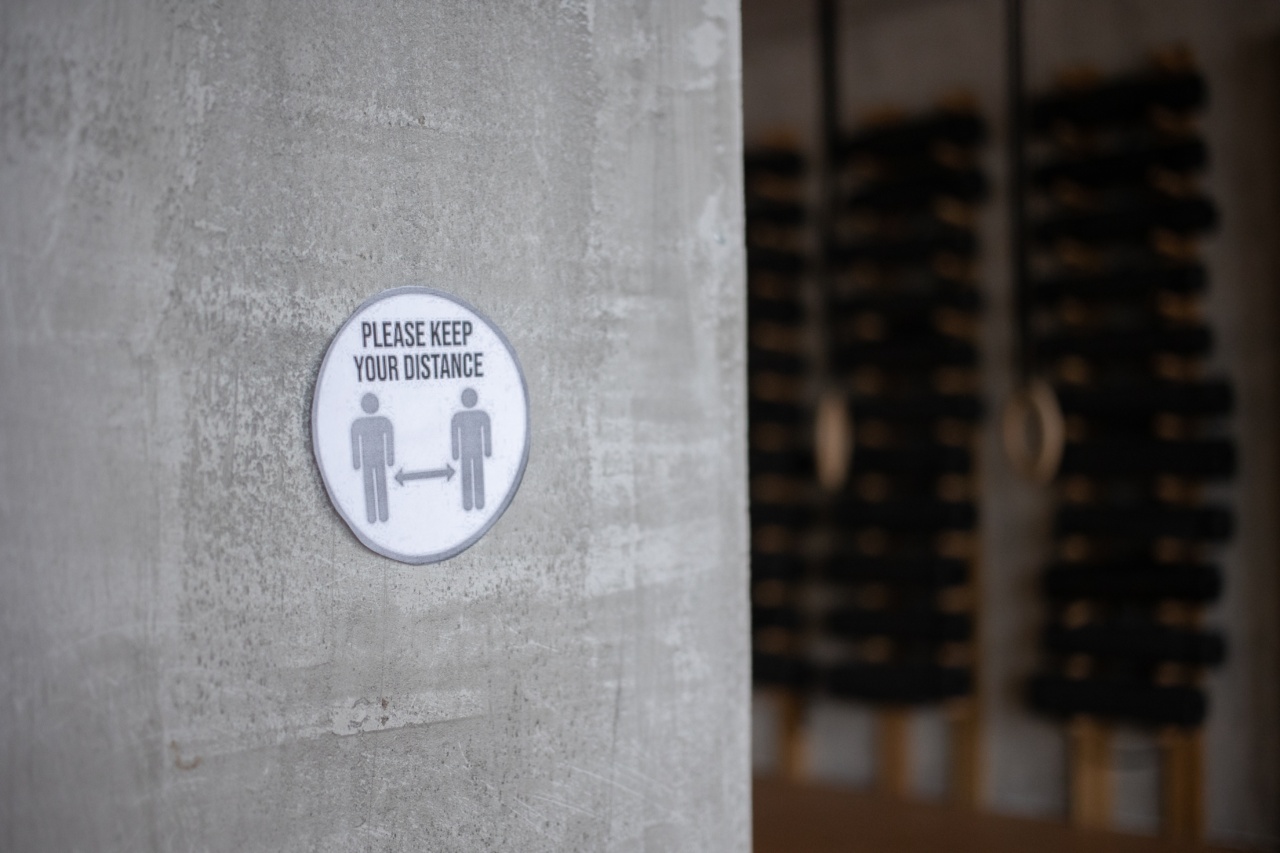Our bones provide the foundation that helps us move, stand upright, and perform other tasks. They are also responsible for protecting our internal organs. For these reasons, it is essential to keep our bones healthy and strong.
In this article, we will discuss four “bodyguards” that can help you protect your bones for years to come.
Calcium: Bodyguard 1
Calcium is an essential mineral that helps to build and maintain strong, healthy bones. This mineral is necessary not only for bone growth and development in children and young adults but also for maintaining bone density and strength as we age.
Good food sources of calcium include dairy products such as milk, cheese, and yogurt, as well as leafy green vegetables like kale and broccoli. Some breakfast cereals and juices are also fortified with calcium.
If you have trouble getting enough calcium through your diet, your doctor may recommend a calcium supplement.
Vitamin D: Bodyguard 2
Like calcium, vitamin D is also essential for healthy bones. It helps the body absorb and use calcium effectively. Without enough vitamin D, the body cannot absorb the calcium it needs to keep bones strong and healthy.
The sun is a natural source of vitamin D. When the skin is exposed to the sun’s ultraviolet (UV) rays, the body can produce vitamin D. However, it is not always possible to get enough vitamin D from the sun alone.
Good food sources of vitamin D include fatty fish like salmon and tuna, egg yolks, and fortified foods like milk and cereals.
Exercise: Bodyguard 3
Exercise is important for maintaining good bone health. Weight-bearing exercises such as walking, running, and dancing can help to strengthen bones and increase bone density.
Strength training exercises, such as lifting weights, can also help to keep bones strong.
It’s best to start exercising regularly early in life to establish good habits. However, it’s never too late to start. Even older adults can benefit from regular exercise.
Talk to your doctor before starting a new exercise program to make sure it’s safe for you.
Bodyguard 4: Avoid Smoking and Excessive Alcohol Consumption
Smoking has many harmful effects on the body, including weakening bones. Smoking can decrease bone density and increase the risk of fractures. It can also interfere with the healing process after a bone fracture.
Excessive alcohol consumption can also weaken bones. Research has shown that heavy drinking can decrease bone density and increase the risk of fractures.
If you smoke, quitting can help to protect your bones. If you drink alcohol, do so in moderation. The National Institute on Alcohol Abuse and Alcoholism recommends that men have no more than two drinks a day, and women have no more than one.
Conclusion
Protecting your bones is essential for maintaining good overall health and quality of life.
Follow these four “bodyguards” – calcium, vitamin D, exercise, and avoiding smoking and excessive alcohol consumption – to help keep your bones strong and healthy.































